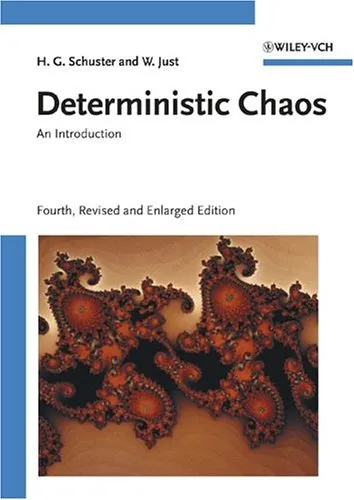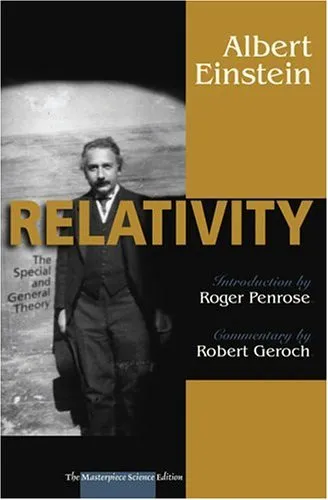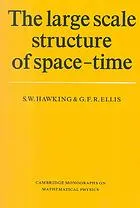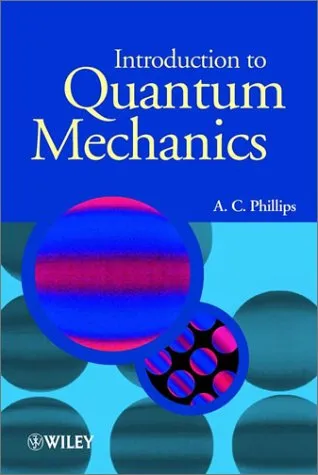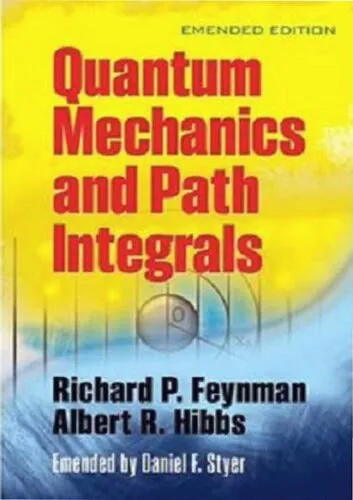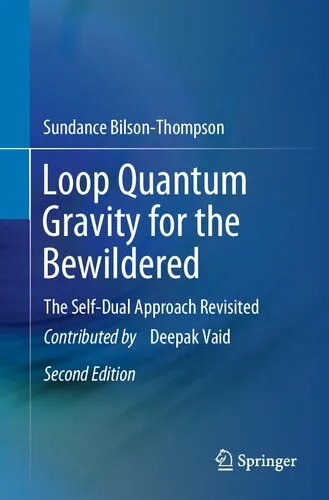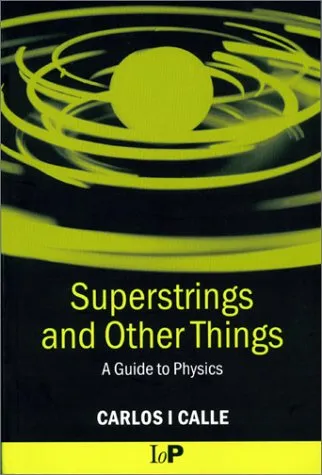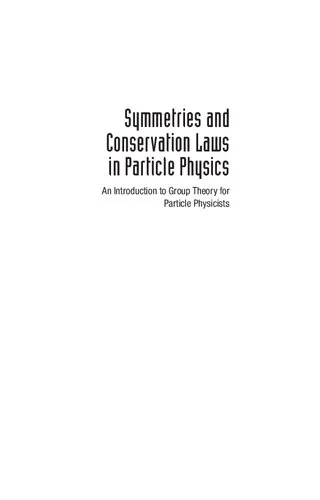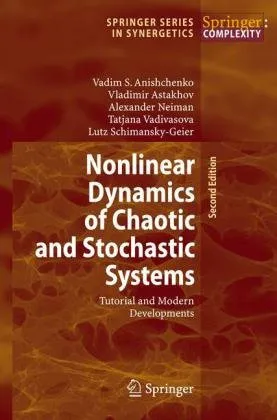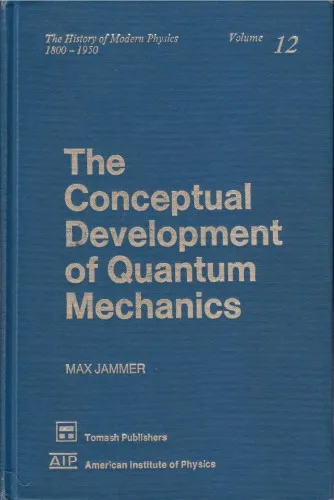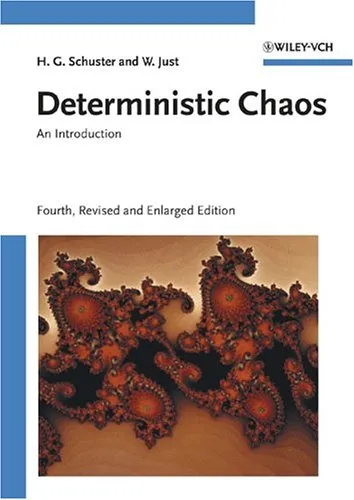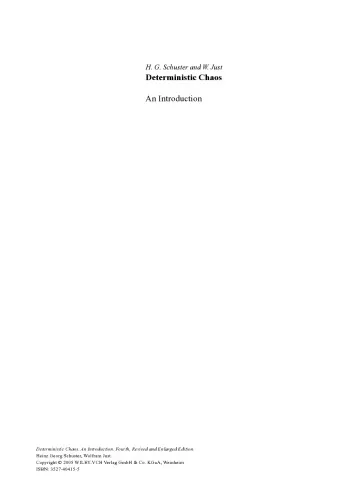Deterministic Chaos: An Introduction (Fourth, Revised and Enlarged Edition)
4.5
Reviews from our users

You Can Ask your questions from this book's AI after Login
Each download or ask from book AI costs 2 points. To earn more free points, please visit the Points Guide Page and complete some valuable actions.Related Refrences:
Introduction to Deterministic Chaos: An Introduction (Fourth, Revised and Enlarged Edition)
"Deterministic Chaos: An Introduction (Fourth, Revised and Enlarged Edition)" is a compelling and clear guide to one of the most fascinating concepts in modern science—chaos theory. This book, authored by Heinz Georg Schuster Wolfram Just, delves deeply into the underlying principles of deterministic chaos, its mathematical foundations, and its remarkable applications across a range of disciplines. Whether you're a student, researcher, or simply a curious thinker, this book offers both theoretical insights and practical tools to unravel the complexity of chaotic systems.
The fourth edition of this groundbreaking work expands upon its predecessors with updated material, enhanced clarity, and new chapters that reflect the latest developments in the field. Each page is carefully structured to make complicated ideas accessible without oversimplifying, ensuring that readers from diverse academic backgrounds can appreciate the core concepts of chaos theory.
Detailed Summary of the Book
The book begins with an intuitive overview of chaos theory, explaining its historical origins and evolution as a field of study. By using simple yet striking paradigms, it introduces the reader to the hallmarks of chaotic behavior, such as sensitivity to initial conditions, fractals, and strange attractors. Moving beyond intuition, the book carefully builds the mathematical framework needed to understand chaos, including differential equations, Lyapunov exponents, and bifurcation diagrams.
From meteorology to genetics, the book explores practical applications of chaos theory in real-world phenomena. It highlights how deterministic systems can behave in unpredictable ways, debunking the old notion that determinism implies predictability. The discussions are accompanied by illustrative examples, helping the reader bridge the gap between mathematical theory and observable phenomena.
In this fourth edition, the authors have included new material on recent advancements in chaos research, particularly focusing on computational techniques and novel experimental findings. Whether it is analyzing nonlinear dynamics or exploring chaotic regimes in dynamical systems, the book provides readers with the tools and intuition to study complexity scientifically.
Key Takeaways
- A thorough understanding of how deterministic rules can yield unpredictable outcomes.
- Mathematical tools and concepts central to chaos theory, including attractors, fractals, and Lyapunov exponents.
- Broad applications of chaos theory in science and nature, from weather patterns to biological systems.
- Insight into the limits of predictability in deterministic models, challenging conventional views of science and mathematics.
- New computational approaches and interdisciplinary research introduced in the revised and enlarged edition.
Famous Quotes from the Book
"Chaos is not randomness—it is order disguised in complexity."
"Sensitivity to initial conditions is the underlying thread that connects deterministic chaos to the beauty of uncertainty."
"By studying chaos, we gain not mastery over unpredictability but a greater understanding of the delicate balance between order and disorder."
Why This Book Matters
"Deterministic Chaos: An Introduction" is a crucial contribution to the scientific literature because it demystifies one of the most profound ideas in modern science. Chaos theory has upended traditional notions of predictability, shaping new ways of thinking in diverse fields like physics, biology, economics, and even philosophy. This book helps readers of all levels approach these ideas systematically and logically.
Furthermore, the book is not just about theory but also about practical understanding. It encourages readers to challenge their assumptions and develop a deeper appreciation for the interconnectedness of systems, whether as simple as a pendulum or as complex as the weather. In a world increasingly governed by uncertainty and complexity, chaos theory—and this book in particular—provides a framework for understanding the unpredictable.
The fourth edition’s updates further enhance its relevance. By incorporating contemporary research and insights, this edition bridges the gap between foundational principles and cutting-edge advancements, serving as both an indispensable reference and an engaging introduction to new learners.
Free Direct Download
You Can Download this book after Login
Accessing books through legal platforms and public libraries not only supports the rights of authors and publishers but also contributes to the sustainability of reading culture. Before downloading, please take a moment to consider these options.
Find this book on other platforms:
WorldCat helps you find books in libraries worldwide.
See ratings, reviews, and discussions on Goodreads.
Find and buy rare or used books on AbeBooks.
1527
بازدید4.5
امتیاز0
نظر98%
رضایتReviews:
4.5
Based on 0 users review
Questions & Answers
Ask questions about this book or help others by answering
No questions yet. Be the first to ask!
